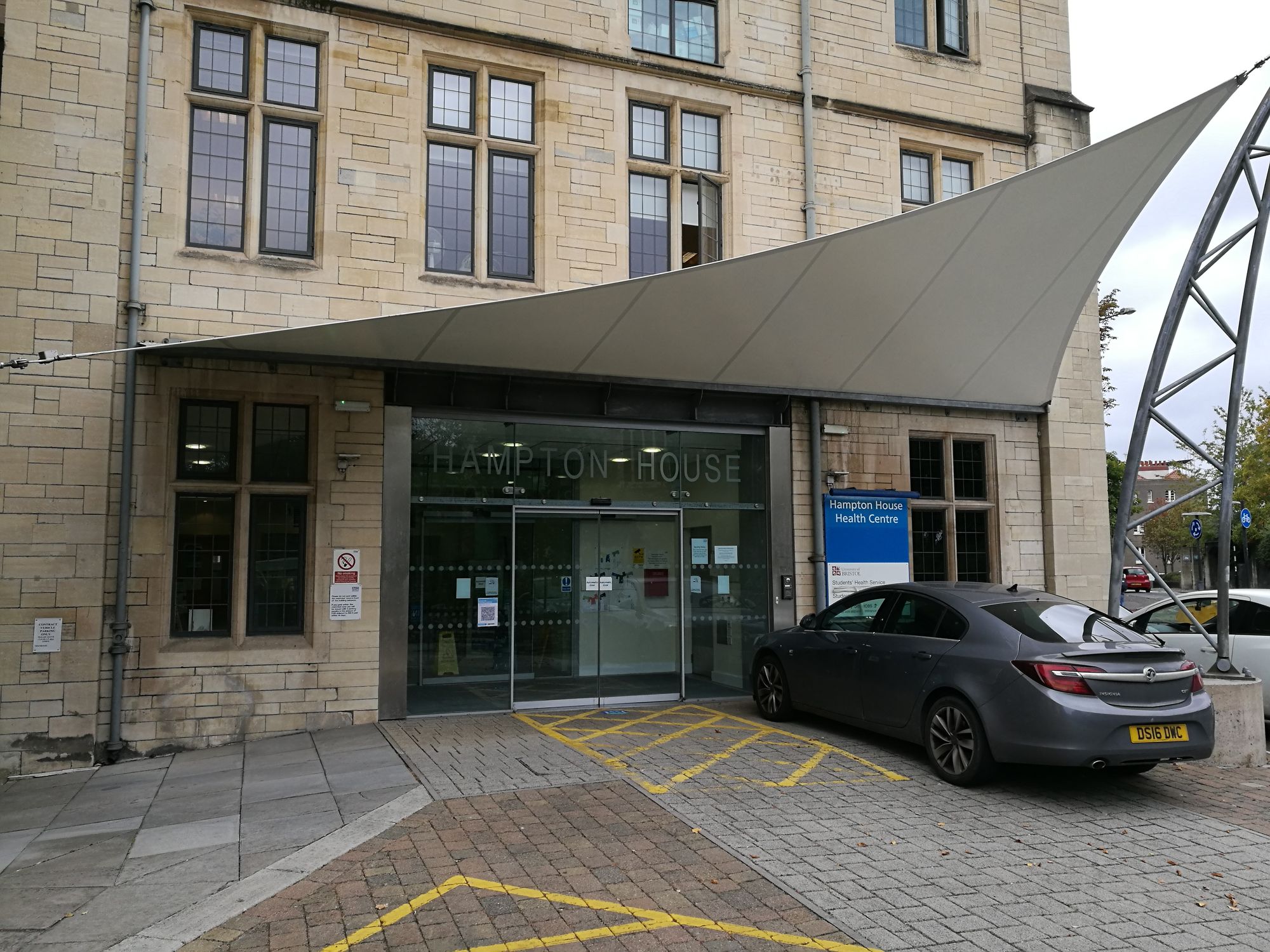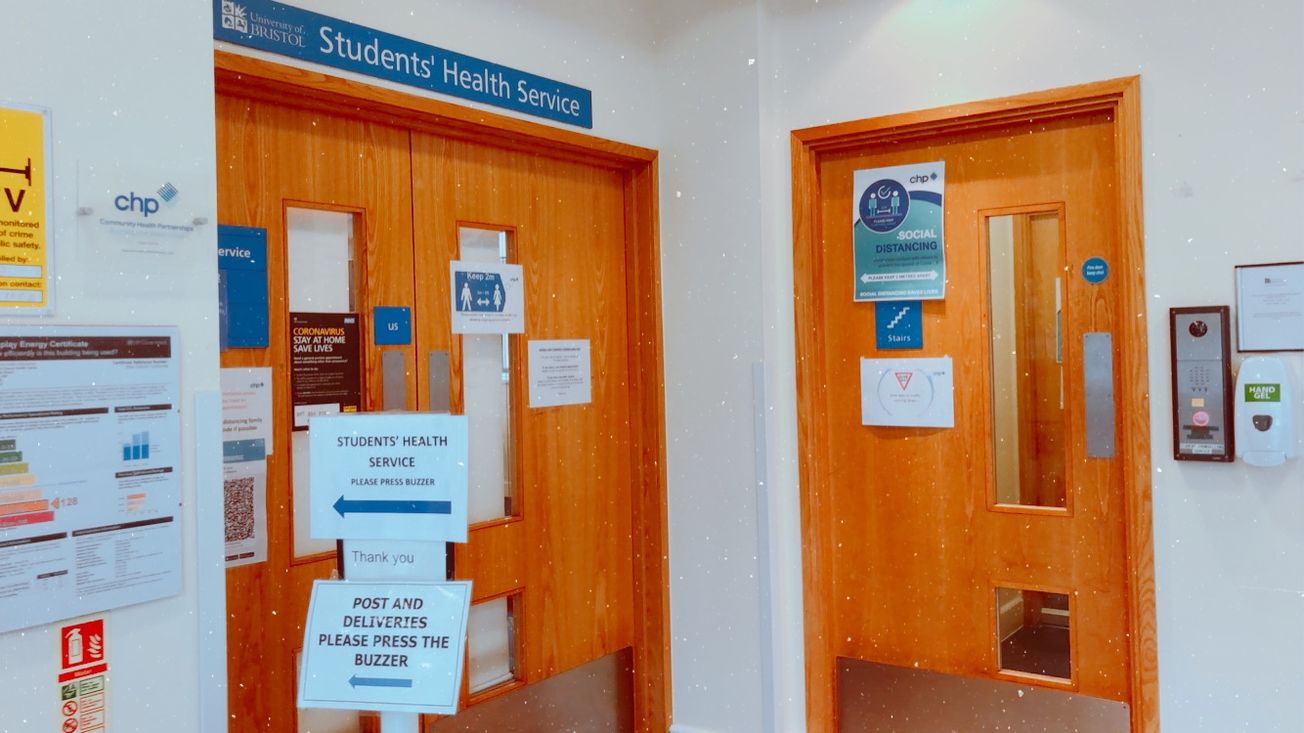By Teddy Coward, Co-Editor-in-Chief
Professor Sarah Purdy, Pro-Vice Chancellor for Student Experience has urged students to reach out to University Wellbeing services and ask for help if they need it, as pressures of the national lockdown continue and coursework deadlines approach.
‘Some students may feel they don’t want to be a burden on our services,’ said Professor Purdy. ‘While the stresses of the pandemic mean we are busier than usual, we will always find time for students in need of help. So if you are struggling or need a helping hand – please get in touch.’
The University has a range of services and resources on offer to meet students’ needs, including self-help resources, face-to-face specialist support, therapeutic groups, online support communities and several student-led groups.

‘Not everybody who is having a tough time will need or want counselling,’ explained Professor Purdy.
‘Many will find solace in the company provided by our 350 societies, enjoy a mutually beneficial conversation through an app like TalkCampus or find new ways to tackle stress through our online resources. Whatever their needs, our advisors can guide them to the services they need.’
Meanwhile, those in University accommodation can contact a Residential Life advisor for advice and to be referred to other services.
The University has made a number of changes to its mental health and wellbeing services over the past few years.
These changes have continued since the University implemented an institution-wide mental health and wellbeing strategy in 2018, following a number of high-profile cases regarding student wellbeing.
Between 2016 and 2020, there were 14 reported student deaths at Bristol University.
Since then, the University says it has added more resources and attempted to make it easier for students to seek help via a single request form.
Alison Golden-Wright, Director of Student Health and Inclusion, said: ‘We want students to easily find the service that they need – the best way to do this is to fill in the online Request Support form; or phone on the 24/7 number for more information.
‘We aim to contact students within three working days of submitting a form.
‘Students often think they will wait weeks or months for counselling but the average wait to see a counsellor is about seven working days, well below the national average.’
In response to some of the mental health challenges faced by students, a number of peer-to-peer support networks have also been established, to provide additional help from trained student volunteers.
Fergus Ustianowski, a Physics student and co-founder of Zero Suicides England, told Epigram he believes Bristol University’s Wellbeing service ‘is really good’.
‘However,’ he added, ‘they can never give everyone, all 26,000 of us, exactly the support we need.
‘Especially during the pandemic, lots of students are struggling and this isn’t the fault of the Uni. For students who are struggling but unable to make the jump to apply for full support or think that it wouldn’t be the right help for them then I would recommend getting involved with some of the peer support groups.’
George Cole, meanwhile, 4th year medical student and co-founder of PROJECT:TALK CIC, a Bristol born non-profit organisation dedicated to encouraging proactivity when it comes to mental health, has said: ‘It’s clear that the University recognises the need for an environment that supports students’ mental health and for resources for students to use should they need.
‘There are a very wide variety of support services offered to students, and it is clear that the University is keen to effectively communicate that adequate provision is offered.’
‘We do need to be careful, however, with the narrative we portray. The University must ensure that their promises are matched with adequate provision when students do make the brave step to seek help.
Bristol University and SU call for ‘culture change’ in joint statement following the death of Sarah Everard
Bristol student wins £10,000 in Santander’s self-development programme
Failure to ensure this could lead to frustration and a negative image of the support available amongst the student body, further precipitating the perception that there is inadequate provision available and ultimately leading to some students thinking “what's the point in reaching out when I won't get the help I need”.’
PROJECT:TALK encourages the University to work with peer support organisations to ensure a highly visible, well rounded and multifaceted approach to student support and to help revitalise the perceptions that students' hold of the resources available to them.
They and partner organisations offer a wide variety of peer support, including 1:1 calls and group based support, available via their central hub.
The University is also holding some workshops on issues surrounding mental health over the coming weeks, which it is encouraging students to sign up to.
How to Thrive at University: Wellbeing Fundamentals
• 14 April 2021: click here.
• 28 April 2021 – (link available soon)
All About Drugs
This is a series of non-judgemental, confidential education session for anyone who wants to know more about drugs, including alcohol. The dates are below. To sign up, scroll to the bottom of this page:
• 24 March
• 12 May
Featured Image: Cameron Scheijde
If you are struggling and require support services, click here.








